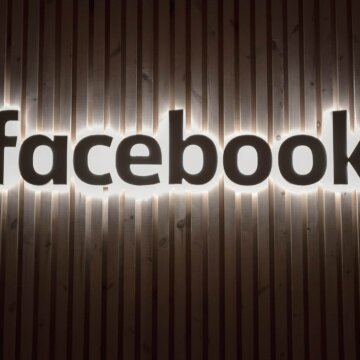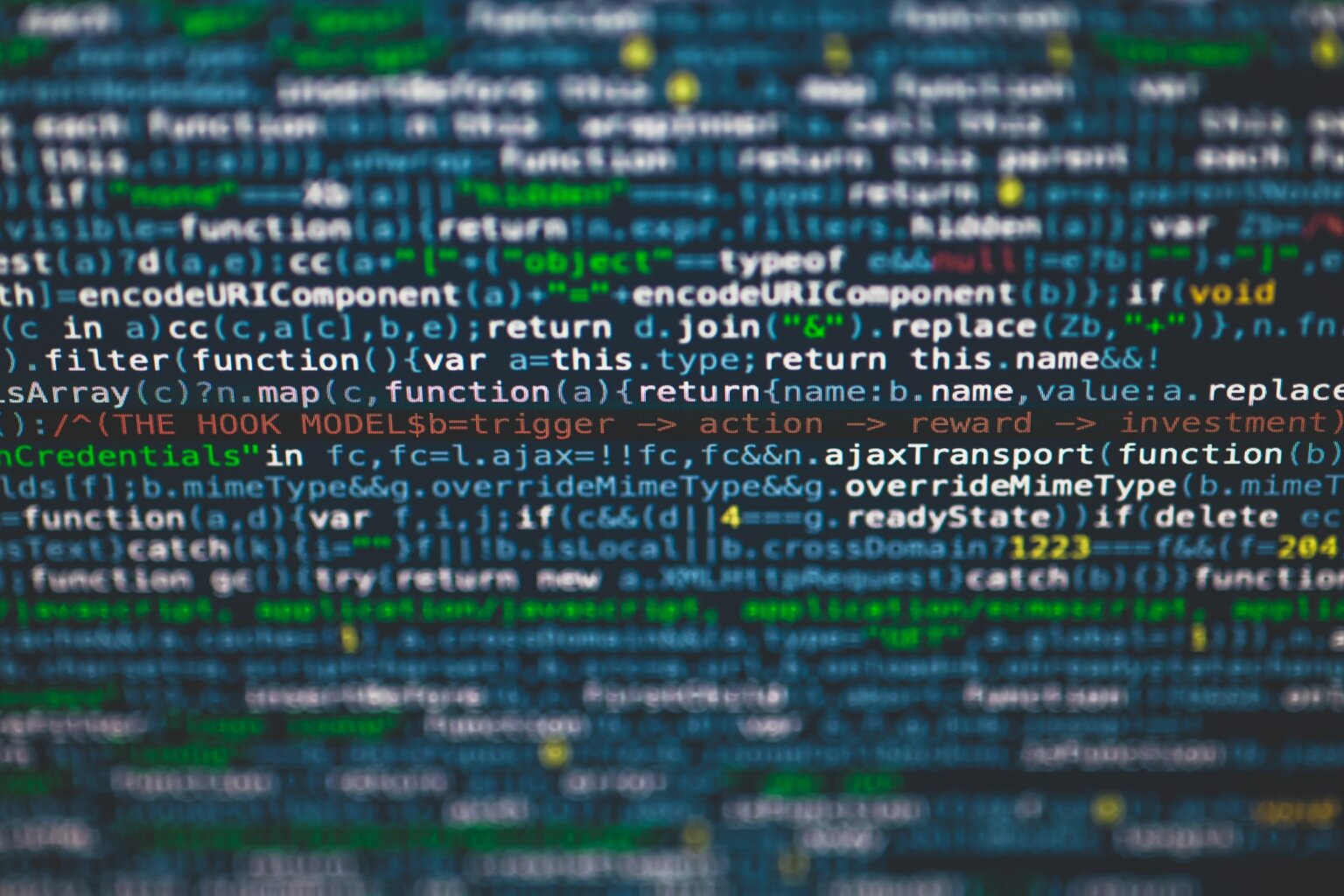- About
- Topics
- Picks
- Audio
- Story
- In-Depth
- Opinion
- News
- Donate
- Signup for our newsletterOur Editors' Best Picks.Send
Read, Debate: Engage.
| topic: | Digital Rights |
|---|---|
| located: | India |
| editor: | Tish Sanghera |
“I’ve seen more images of dead people in the past three weeks than I’ve seen in my entire life,” said one Facebook researcher in 2019.
As an experiment into user experience in India, the researcher had only joined groups and followed pages suggested by the algorithms as a way of understanding the type of material that reached the average person ahead of the 2019 national elections. "Soon, without any direction from the user, the Facebook account was flooded with pro-Modi propaganda and anti-Muslim hate speech," the Washington Post reported.
This report is among many found in ‘The Facebook Papers’, a set of internal documents released by former Facebook product manager and whistleblower Frances Hughes, and reported by the Washington Post, New York Times and other outlets in the US.
The Facebook Papers reveal a worrying lack of understanding of, and resources to respond to, the impact of Facebook on local cultures and politics when it moves into new regions. Bots and fake accounts had clearly impacted Indian national elections, spreading anti-muslim rhetoric and hate speech, while misinformation was rife during the pandemic, the papers found.
Despite being aware of these issues, Facebook was unable to do anything to counter their impact. According to The New York Times, out of its total global budget for clarifying misinformation, Facebook spends 80 percent of it in the United States, spending the minority on the rest of the world - despite the fact that the largest portion of its users are in India.
Facebook claims that this figure does not include the third-party fact checkers it has hired in India to combat the spread of misinformation and remove harmful content from the platform. However these organisations say they can also only do so much. "We really do not have any moral or legal authority on what Facebook does after we tag a news or a post," a senior official of a fact-checking organisation told the BBC.
Another major issue for curbing the spread of hate speech on Facebook in India is the fact that the platform runs a ‘political white list’, sparing certain high-profile politicians from being fact-checked or monitored at all. “A large part of the misinformation on social media in India is generated by politicians of the ruling party. They have the largest clout, but Facebook doesn't fact-check them," says Pratik Sinha, co-founder of Alt News, an independent fact-checking site.
The papers confirm what many have long-suspected: that the algorithms favour right-wing content and their ability to amplify misinformation has an outsized impact in a country like India where its democracy is already on shaky grounds. With Facebook increasingly coming under Congress’ radar in the US for its potential damaging effect on children and a host of other reasons, it’s uncertain whether the Indian government would apply similar scrutiny. Facebook employees’ close ties with the ruling party have raised questions over whether the platform is truly neutral or fueling the rise of toxic Hindu nationalism which Prime Minister Modi has come to be known for.
Photo by Alex Haney

